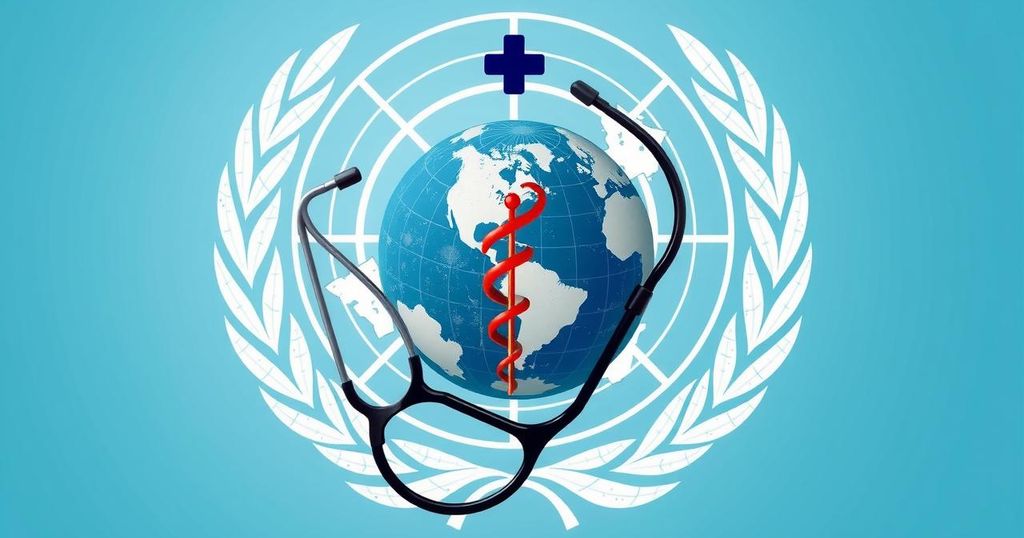Argentina has decided to withdraw from the World Health Organization, following the United States’ precedent. President Javier Milei’s office cited significant disagreements about health management during the Covid-19 pandemic as the reason for this decision, emphasizing a desire for greater national control and sovereignty.
On Wednesday, President Javier Milei of Argentina announced that the nation will withdraw from the World Health Organization (WHO), mirroring the recent exit of the United States from the UN agency. Milei’s administration cited significant disagreements concerning health management, particularly during the Covid-19 pandemic. Manuel Adorni, a spokesman for the President, emphasized that Argentina seeks to protect its sovereignty against external interference and to enhance its ability to devise policies suited to local conditions.
The decision by Argentina to leave the WHO comes amid a broader trend of skepticism towards international organizations, particularly in relation to public health responses during the pandemic. The United States, under former President Donald Trump, previously criticized the WHO’s handling of health crises and initiated its exit from the organization. This shift raises concerns regarding the future of global health initiatives, particularly in terms of funding.
The withdrawal of Argentina from the WHO reflects a broader movement among certain national leaders to prioritize sovereignty over international cooperation in health matters. This decision positions Argentina alongside the United States regarding health governance, potentially impacting global health funding and policies in the future. President Milei’s admiration for Donald Trump’s approach underscores this ideological alignment.
Original Source: www.scmp.com




